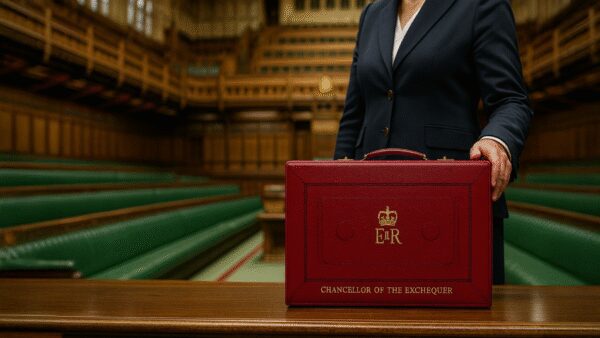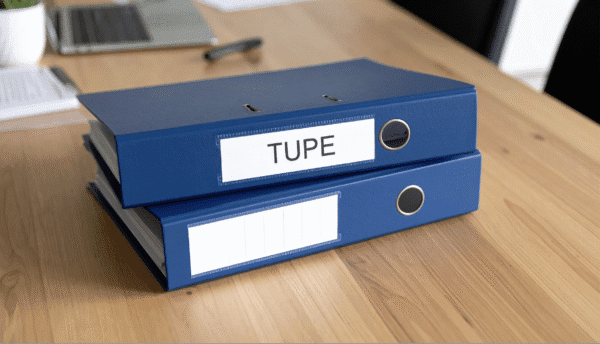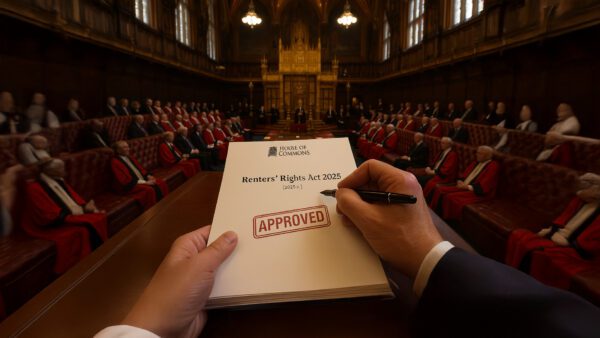The UK remains an attractive destination for entrepreneurs seeking to establish and expand their businesses. However, with the closure of the Tier 1 (Entrepreneur) visa and the restrictive requirements of other business immigration routes, many aspiring business owners face challenges in securing a viable immigration pathway.
Self-sponsorship has emerged as a strategic alternative, allowing entrepreneurs to set up and operate a business in the UK, providing long-term stability and growth opportunities.
At Quastels, we advise entrepreneurs on navigating the complexities of self-sponsorship, ensuring that both immigration and business compliance requirements are met.
Understanding Self-Sponsorship
Self-sponsorship enables an entrepreneur to establish a UK company, obtain a Sponsor Licence, and sponsor themselves for a Skilled Worker visa. Unlike traditional visa routes, self-sponsorship does not require:
- A third-party employer to act as a sponsor
- A fixed investment amount, as required for the Innovator Founder visa
- An endorsement from a UK government body or business accelerator.
Instead, this route provides greater flexibility, allowing business owners to take control of their own immigration status while actively managing their company.
Who is Eligible for Self-Sponsorship?
To successfully secure a self-sponsored visa, an entrepreneur must meet key criteria across three areas:
1. Business Viability and Sponsor Licence
- The applicant must establish a genuine UK business that can sponsor skilled workers.
- The business must obtain a Sponsor Licence from the Home Office.
- A credible business plan and operational structure must be in place.
2. Skilled Worker Visa Requirements
- The applicant must hold a skilled role within their business (e.g., Director or CEO).
- The role must meet the minimum salary threshold.
- The applicant must demonstrate English language proficiency at CEFR Level B1 or equivalent.
3. Financial and Operational Readiness
- The business must be financially viable, with the capacity to pay salaries.
- The applicant must show the business has commercial potential and can contribute to the UK economy.
The Self-Sponsorship Process: Step by Step
1. Establishing a UK Business
The first step in self-sponsorship is registering a UK company with Companies House. The business must have:
- A defined commercial purpose and structured business plan
- A UK-based office address
- A UK-resident Director, which can be the applicant or another individual
2. Applying for a Sponsor Licence
To sponsor themselves, the entrepreneur must apply for a Sponsor Licence. The Home Office assesses whether the company:
- Has a genuine need for skilled workers
- Is financially stable and compliant with UK employment laws
- Has appropriate HR and compliance systems in place
A robust business plan and supporting financial documentation are crucial at this stage.
3. Assigning a Certificate of Sponsorship (CoS)
Once the Sponsor Licence is granted, the business can assign a Certificate of Sponsorship (CoS) to the entrepreneur. This document is required for the Skilled Worker visa application and must include:
- The job title and salary
- A description of the role and responsibilities
- Confirmation that the role meets the required skill level
4. Applying for the Skilled Worker Visa
With the CoS in place, the entrepreneur can apply for a Skilled Worker visa. The application typically requires:
- Proof of English language proficiency
- Financial evidence demonstrating the business’s sustainability
- Supporting documents confirming business ownership and sponsorship status
If successful, the applicant is granted a Skilled Worker visa for up to five years, with the possibility of applying for Indefinite Leave to Remain (ILR) thereafter.
Advantages of Self-Sponsorship
- Greater Control and Flexibility
- Unlike traditional employment-based sponsorship, self-sponsorship allows entrepreneurs to establish and lead their own business without being dependent on an external employer.
- No Fixed Investment Required
- Unlike the Innovator Founder visa, which requires a minimum £50,000 investment and endorsement, self-sponsorship does not impose a pre-set investment threshold.
- Pathway to Settlement
- After five years under a Skilled Worker Visa, self-sponsored entrepreneurs can apply for Indefinite Leave to Remain (ILR), offering long-term security in the UK.
- Expansion and Growth Opportunities
- Once established, the business can sponsor additional skilled workers, enabling further expansion and development.
Challenges and Considerations
- Sponsorship Compliance
- The Home Office imposes strict compliance requirements for businesses holding a Sponsor Licence. Entrepreneurs must ensure they meet reporting, record-keeping, and employment obligations to maintain their sponsorship status.
- Genuine Business Requirement
- The business must be actively trading and demonstrate a genuine commercial need for skilled workers. The Home Office closely scrutinises applications to prevent misuse of the visa system.
- Ongoing Visa and Tax Obligations
- Entrepreneurs must comply with UK tax regulations, employment laws, and immigration rules to sustain their business and visa status.
How Quastels Can Assist
At Quastels, we offer tailored legal support to entrepreneurs navigating the self-sponsorship route. Our services include:
- Advice on structuring and registering a UK business for immigration purposes
- Assistance with Sponsor Licence applications and compliance requirements
- Skilled Worker visa application management and strategic guidance
- Ongoing support to ensure business and immigration law compliance
With extensive experience in both business and immigration law, we help clients secure their UK presence while ensuring regulatory compliance.
Conclusion
Self-sponsorship offers a flexible and structured pathway for entrepreneurs to establish and expand a business in the UK. By obtaining a Sponsor Licence and securing a Skilled Worker visa, business owners can take control of their immigration status while contributing to the UK economy.
Given the complexities of the application process, expert legal guidance is essential to ensure compliance and maximise the chances of success. At Quastels, we provide comprehensive support to entrepreneurs at every stage of their self-sponsorship journey.









